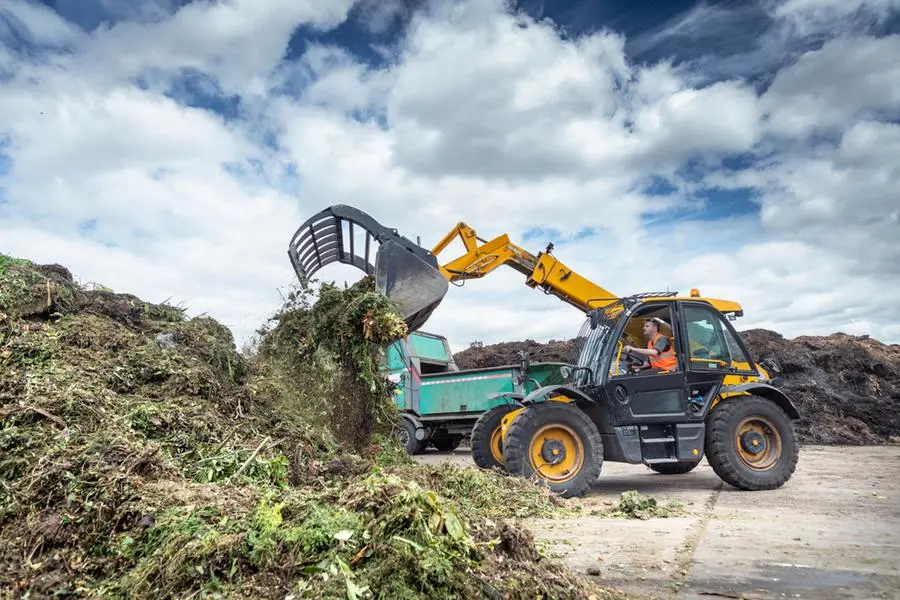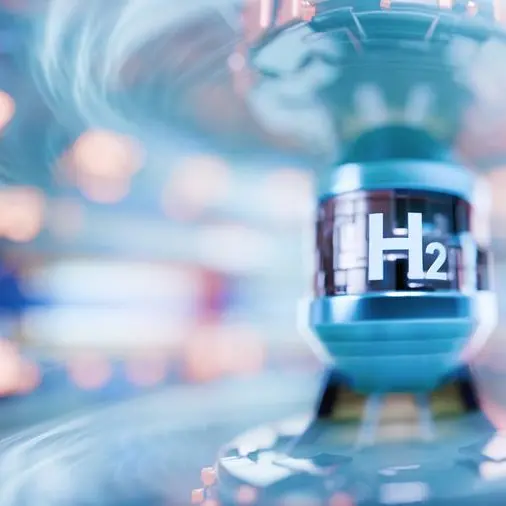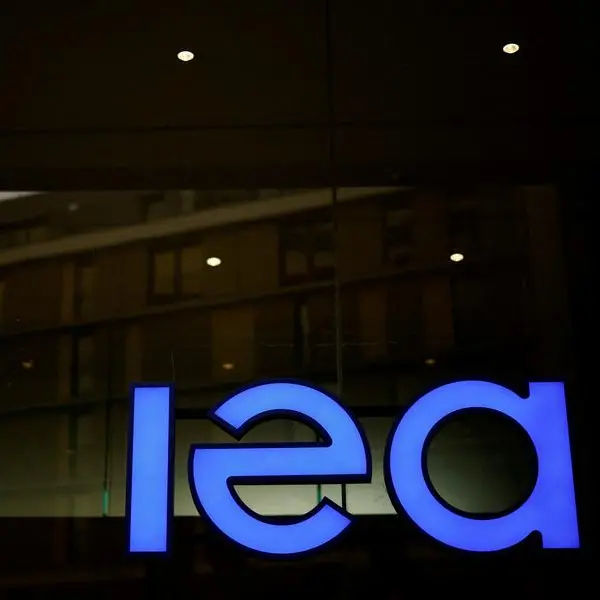PHOTO
Riyadh: The Saudi Investment Recycling Company SIRC, wholly owned by the Public Investment Fund (PIF), entered into a strategic partnership with Edama Organic Solutions, the leading company in sustainable management solutions for organic waste.
The cooperation aims to create a new joint company dedicated to revolutionizing organic waste recycling in the Kingdom.
The joint project is preparing to meet the challenge of sustainable waste management and actively contribute to the creation of a national circular economy in line with SRIC's commitment towards achieving the goals of Vision 2030.
Engineer Ziyad Al-Shiha, the CEO of the SIRC Group, indicated that organic waste recycling projects are one of the goals of SIRC, as well as the Kingdom in general, to reduce harmful emissions.
He noted that the SIRC Group will work to lead the circular economy by activating partnerships and investments, both locally and globally, and enhancing local content using best practices in agricultural waste recycling.
Dr. Sabrina Vettori, the CEO of Edama, said this project works to find sustainable solutions that address pressing environmental challenges. By taking advantage of science and technology, the project aims to promote a greener future for the Kingdom of Saudi Arabia. She added that the company is excited about this cooperation with SIRC, which will significantly expand recycling operations and advance transformational projects throughout the Kingdom.
Dr. Vettori stressed the long-term impact of investing in research and innovation and developing a vision for developing pioneering agricultural products. Such products would significantly enhance local agricultural productivity and support green initiatives while preserving precious water resources. The project benefits from the support of the King Abdullah University of Science and Technology (KAUST), a world-renowned research university. Edama directed its scientific expertise in plant sciences and desert agriculture to create products that improve plant cultivation in arid environments.
These products will enhance agricultural productivity, leading to increased local food security, reducing water irrigation requirements, as well as facilitating reclamation projects, land, and tree planting. The primary focus has been fertilization products, but other products, such as biochar, organic materials, and microbial vaccines are under study and preparation.
Dr. Ian Campbell, the acting Vice President for Innovation at King Abdullah University of Science and Technology, explained that the management of organic waste in the Kingdom will be transformed using soil amendments and specially designed organic waste products. He emphasized that strategies are necessary to combat the harmful effects of mismanaging organic waste on the environment and public health. Innovative waste management techniques, such as recycling and converting waste into superior soil amendments, are being implemented to make plant growth in sandy soil more efficient.
Dr. Campbell said the project aims to reduce pollution caused by storing fertilizer in the open air, which will have a significant positive impact on environmental pollution and greenhouse-gas emissions in the Kingdom. Furthermore, the project will provide a solution to the challenges faced by the Saudi Green Initiative (SGI) in its mission to cultivate 10 billion trees and restore over 40 million hectares of degraded land through cutting-edge research and development.
Through this partnership, locally produced soil amendments will be introduced, ensuring a reliable supply chain for afforestation programs and bringing innovative products to the market that reduce water irrigation requirements by transforming organic waste into premium soil amendments through composting, he said.
In collaboration with SIRC, Edama aims to elevate the standards of desert agriculture, support and enhance local green initiatives, and reduce reliance on imported soil amendments. This cooperative project is a significant step towards realizing the goals outlined in the Kingdom's Vision 2030 and building a sustainable future for society.
SIRC was established in 2017 to achieve the environmental and sustainability goals of the Kingdom's Vision 2030, as well as promote recycling and the preservation of natural resources.
Edama was established in 2019 at KAUST as a leading company in cutting-edge research and innovative products that transform organic waste into resources for desert agriculture in line with the Kingdom's sustainability goals.





















